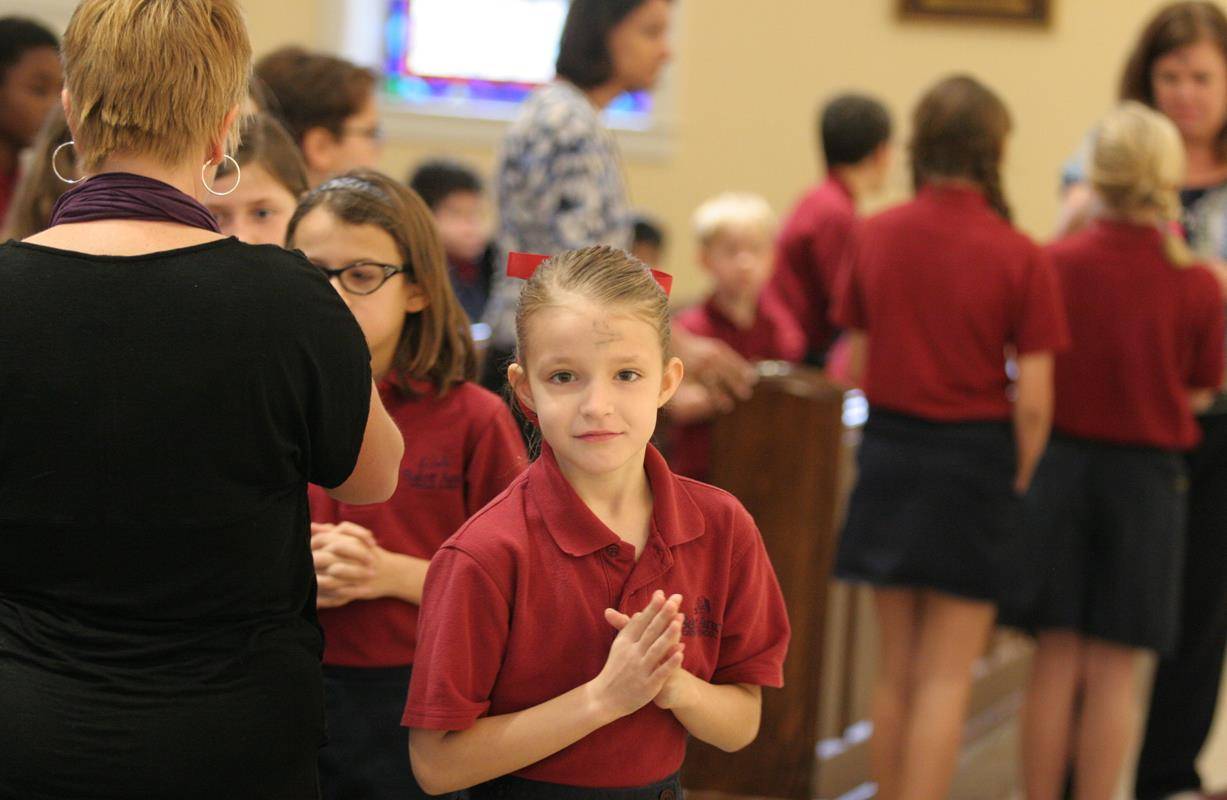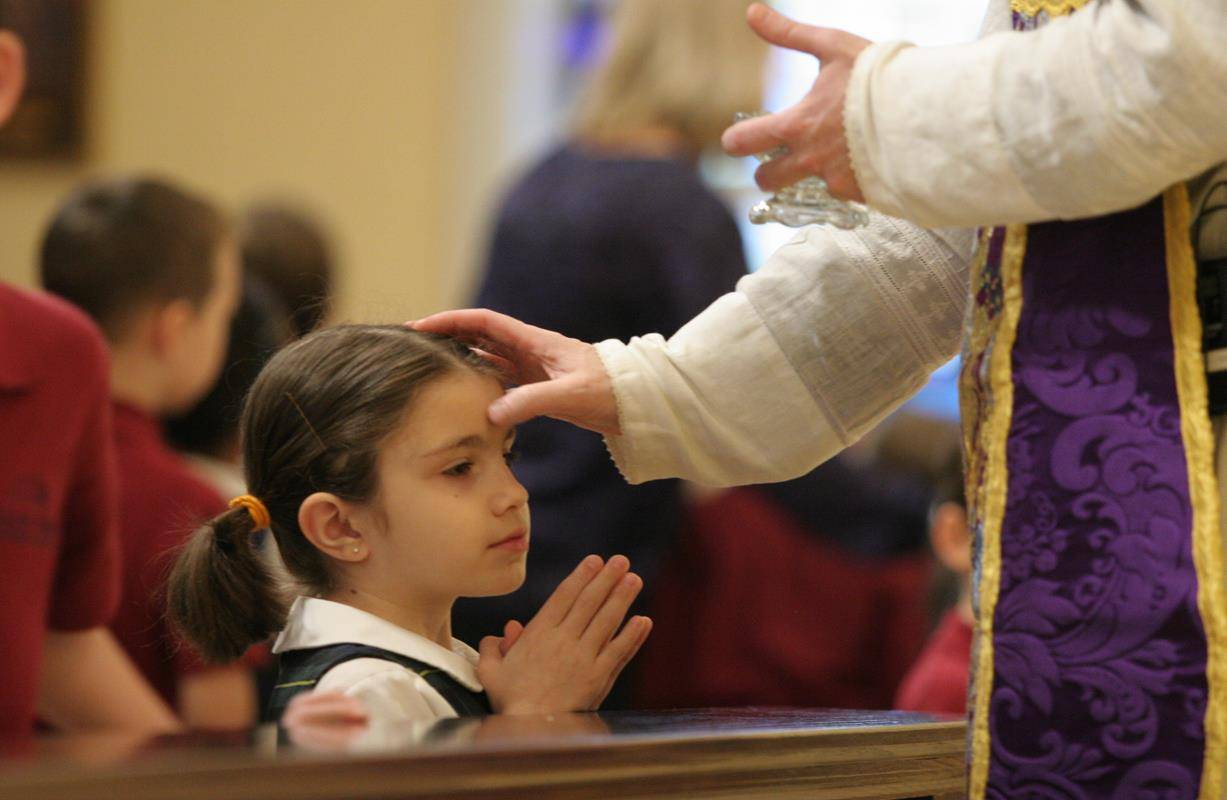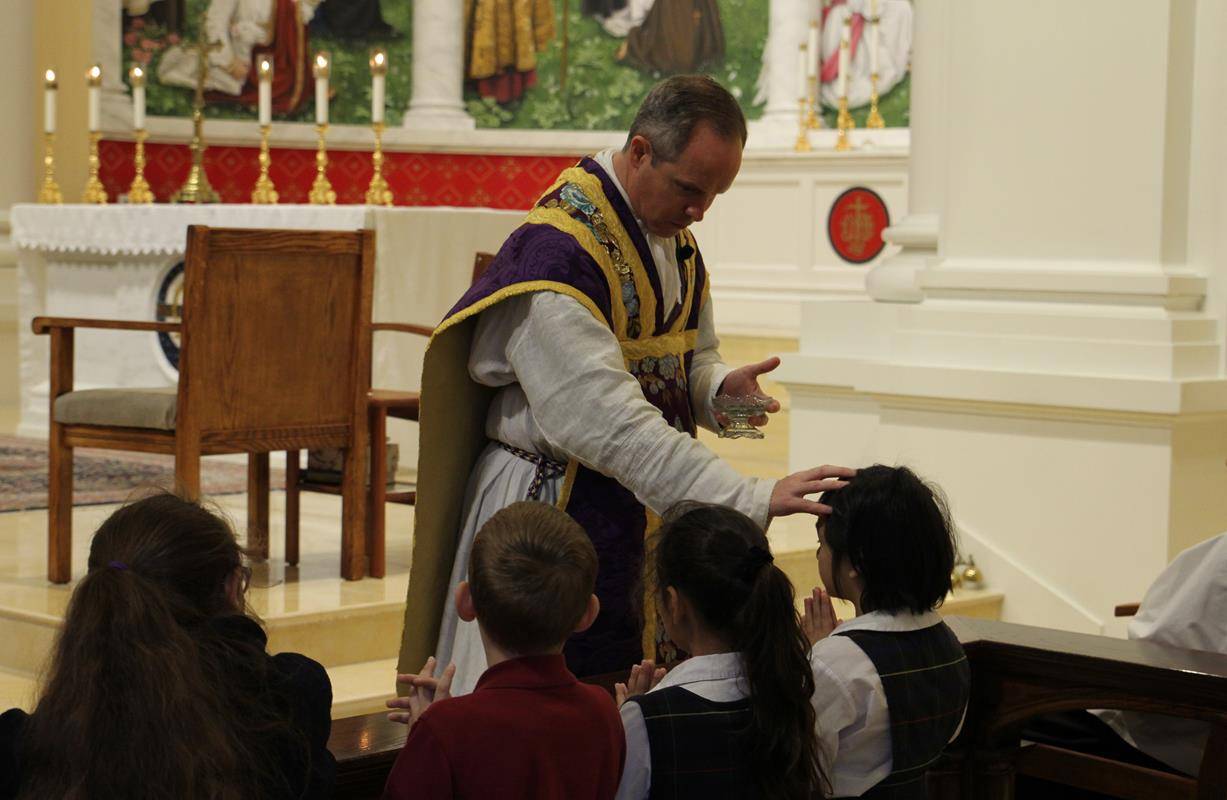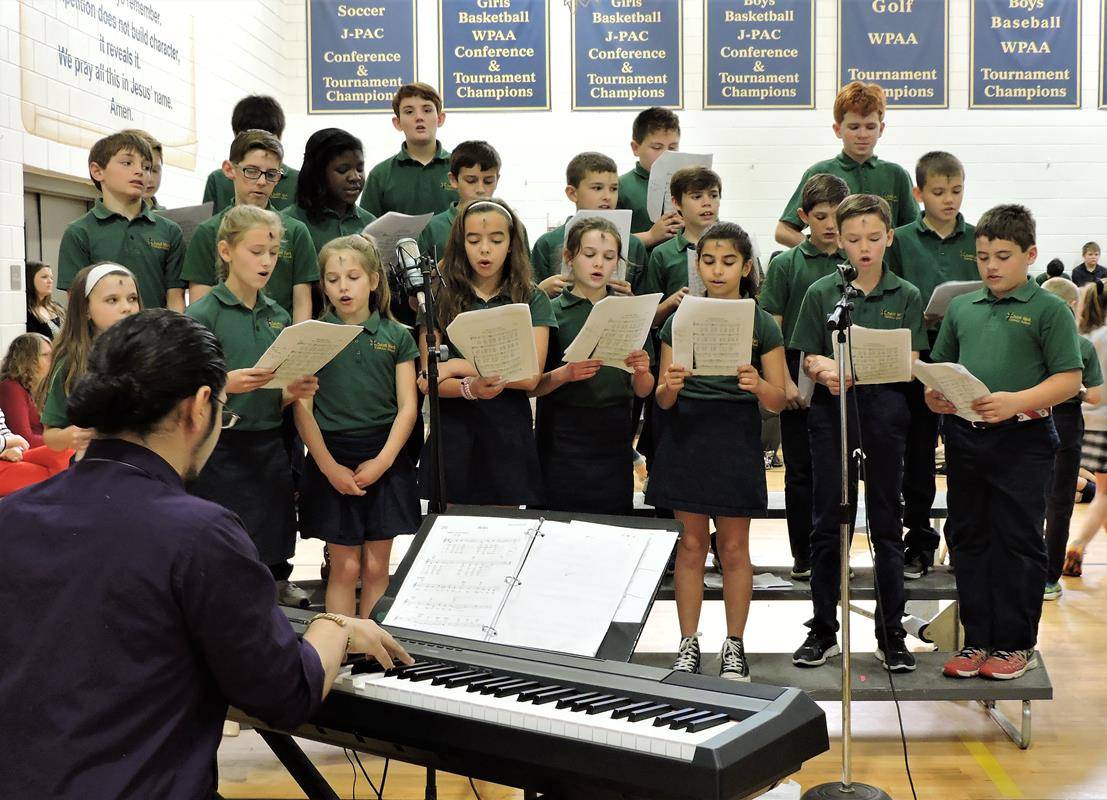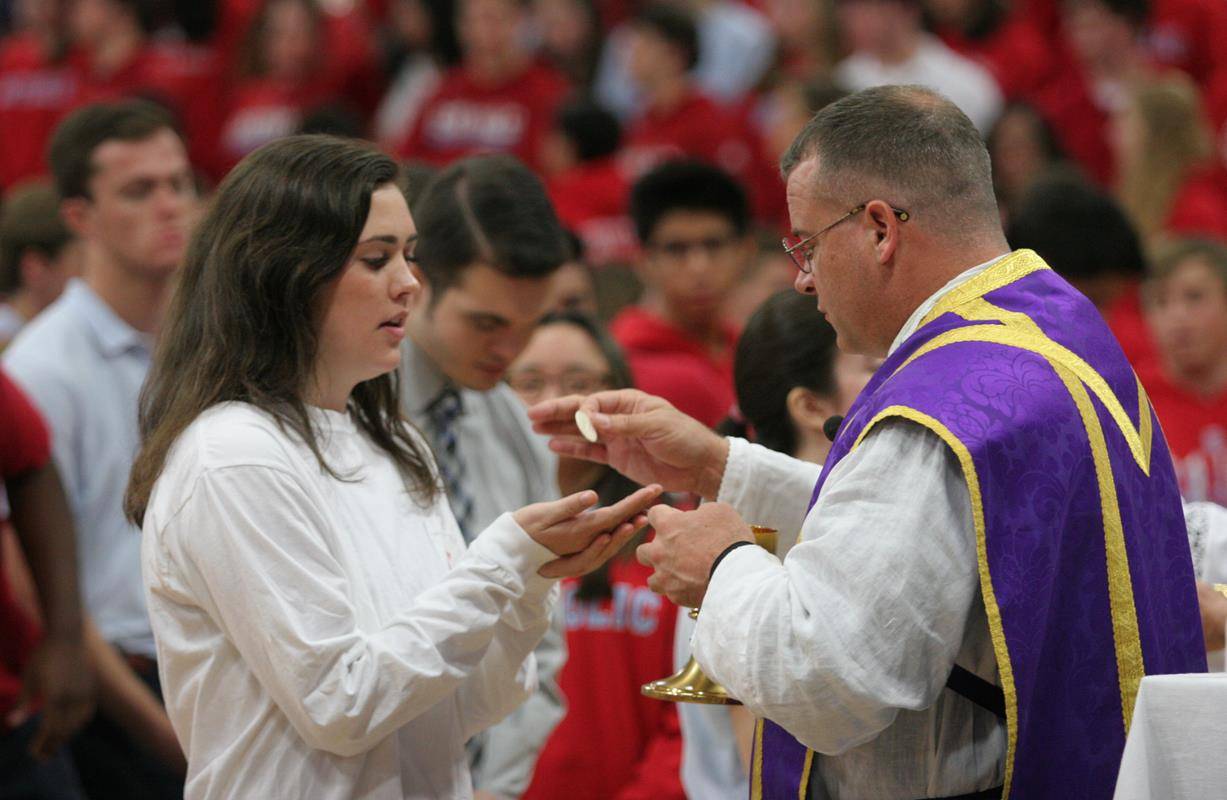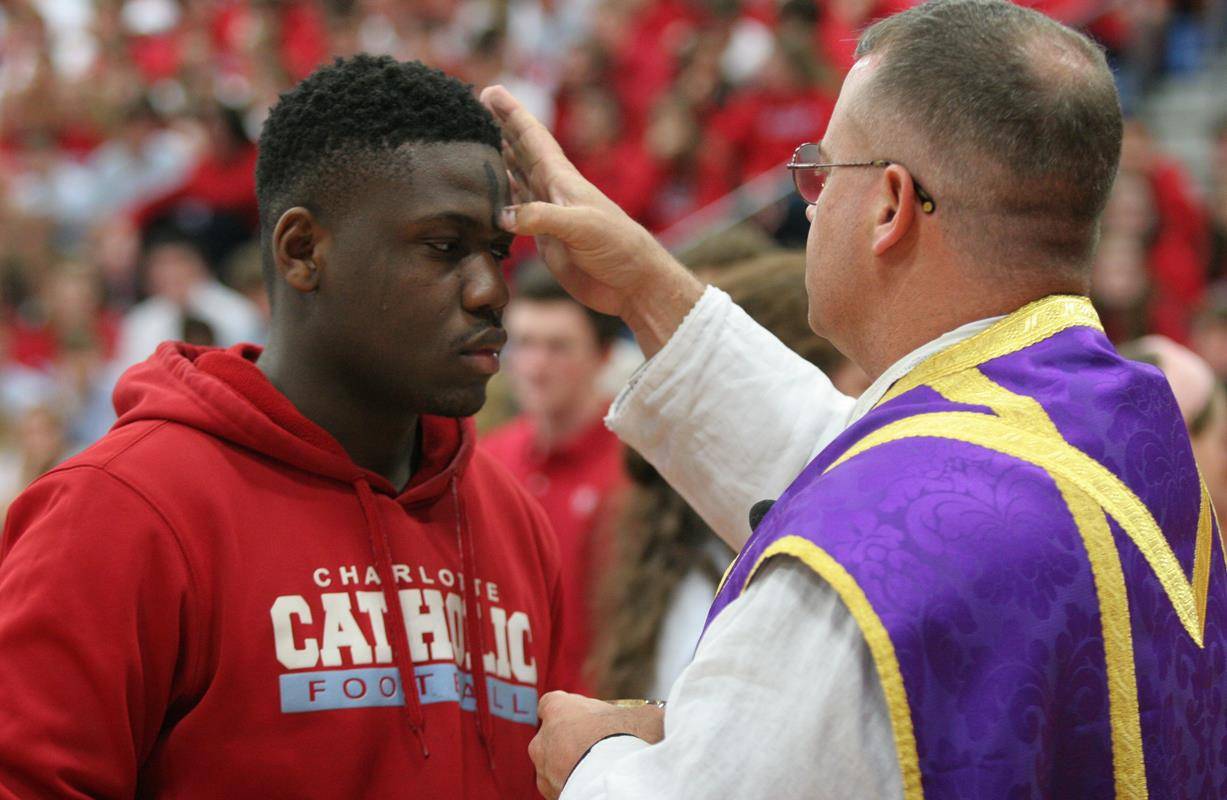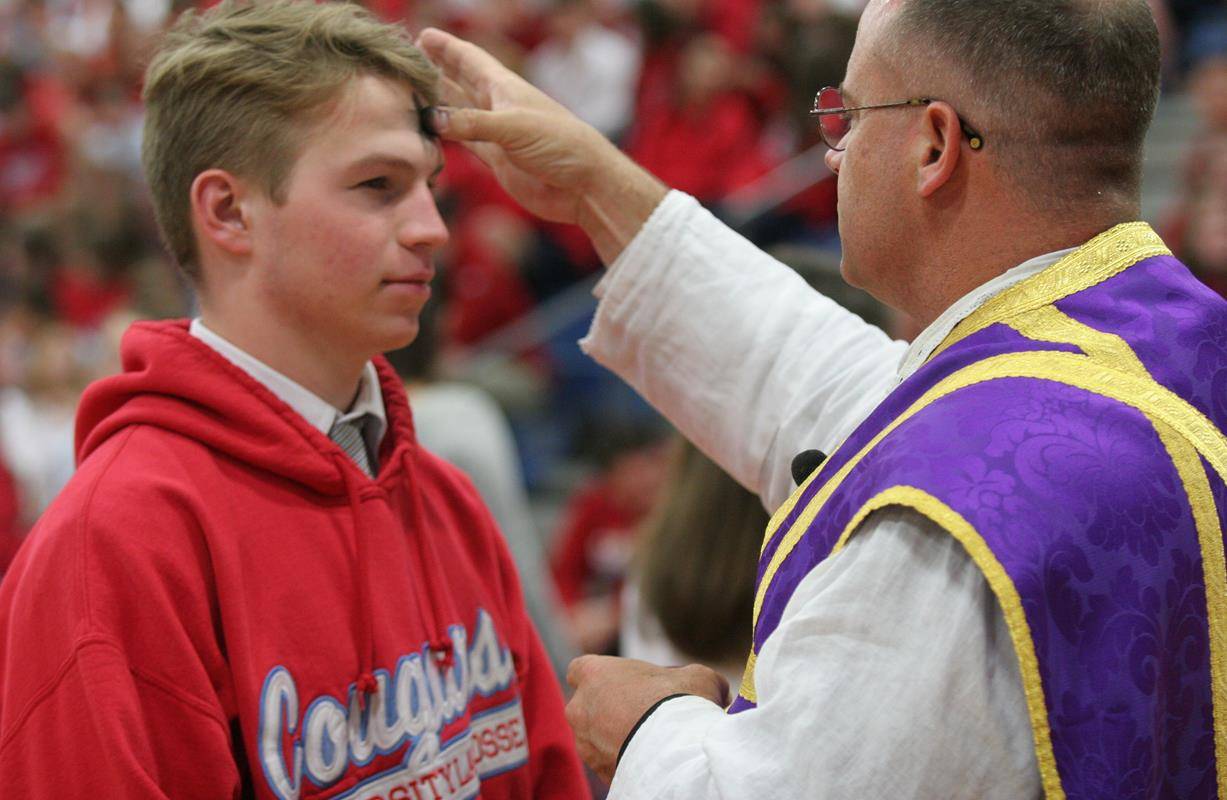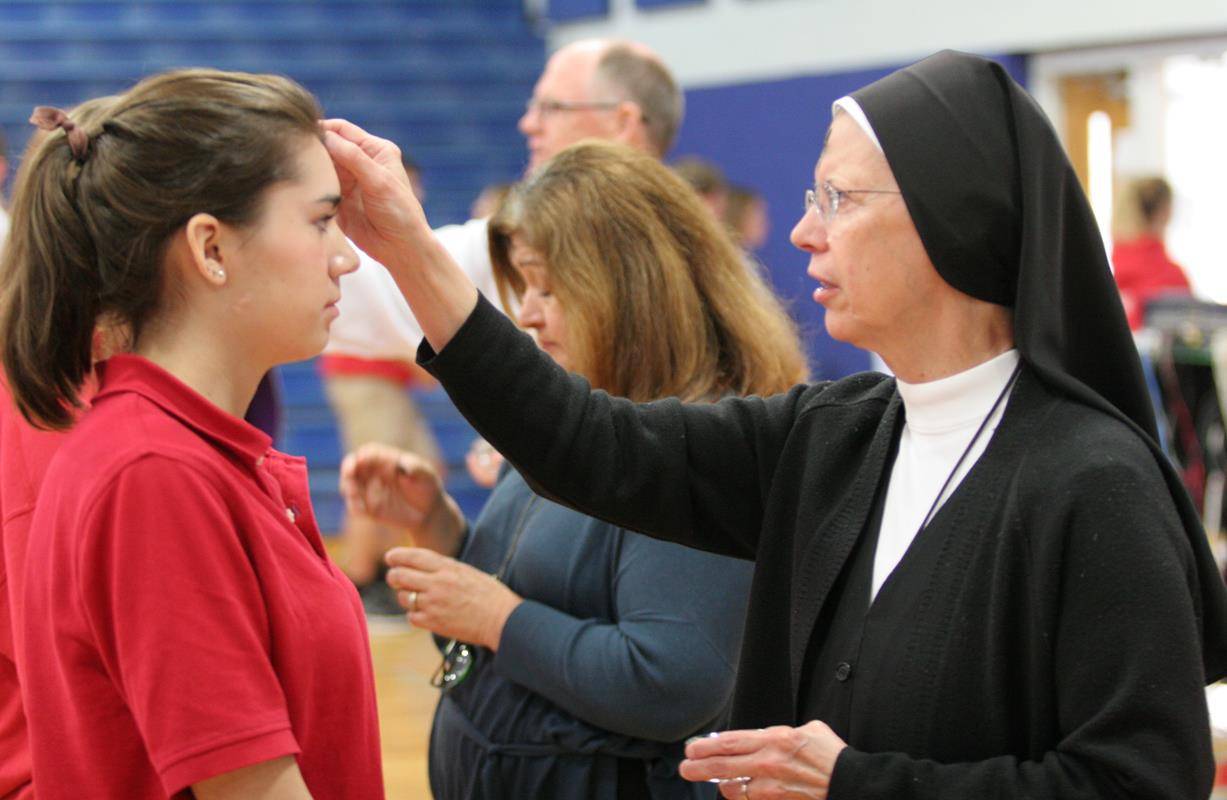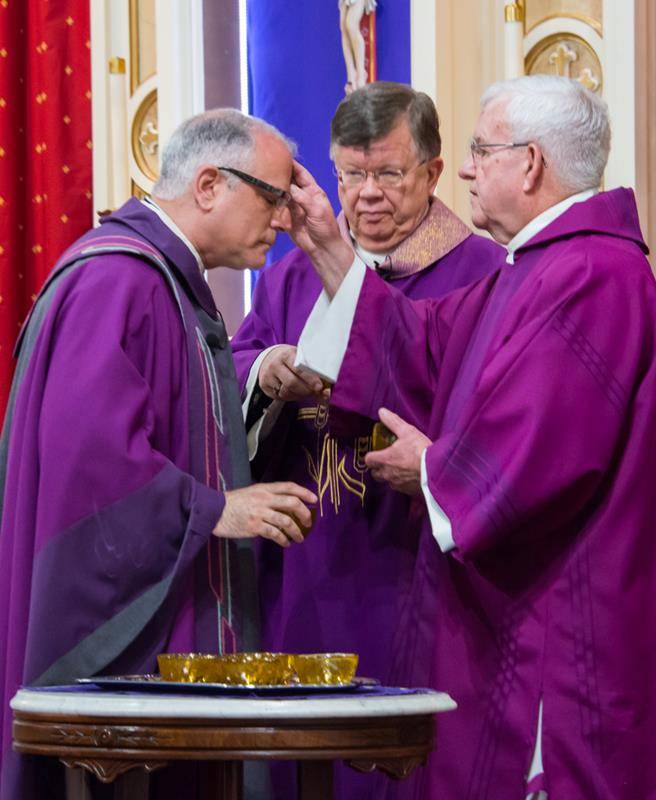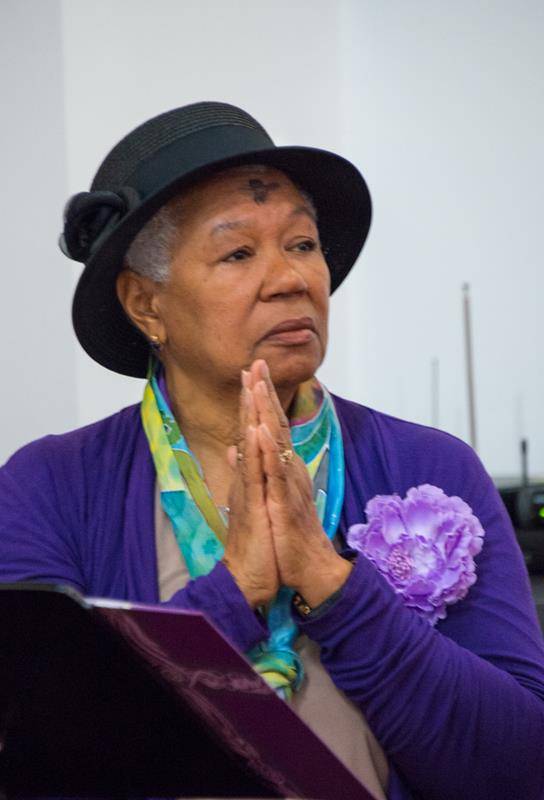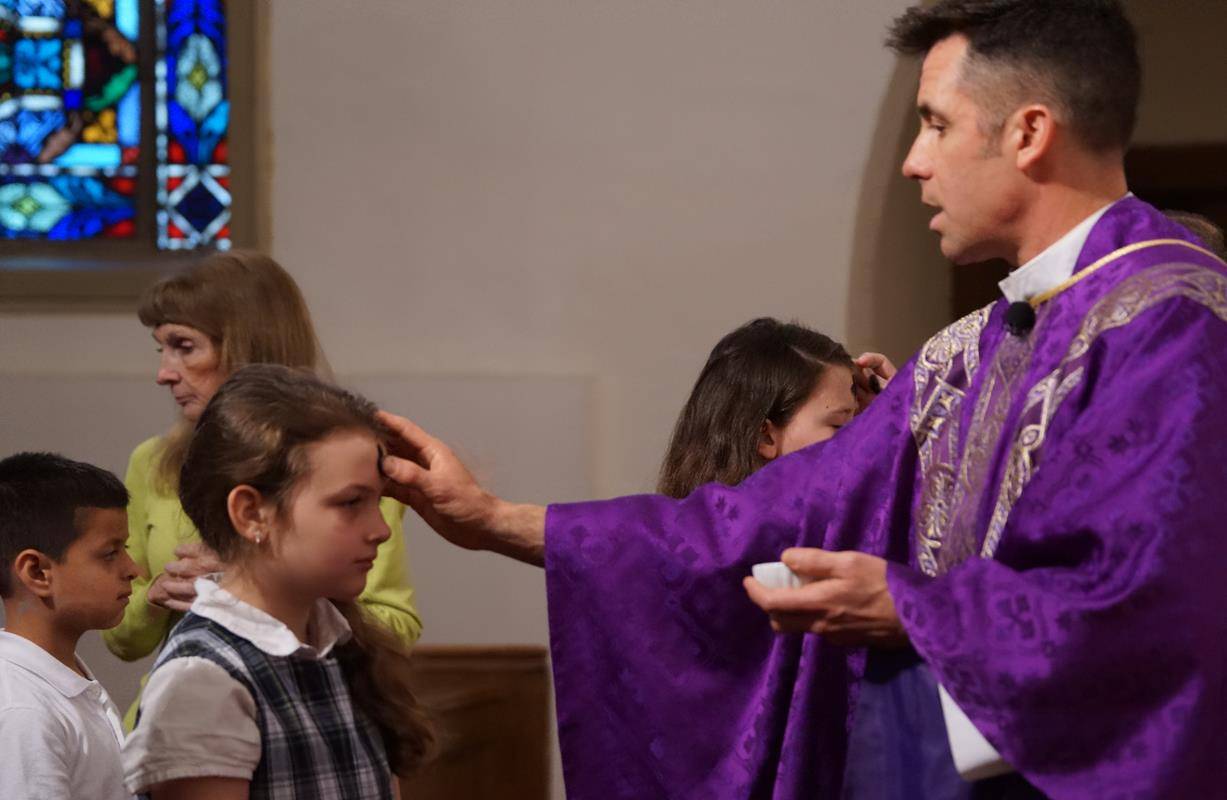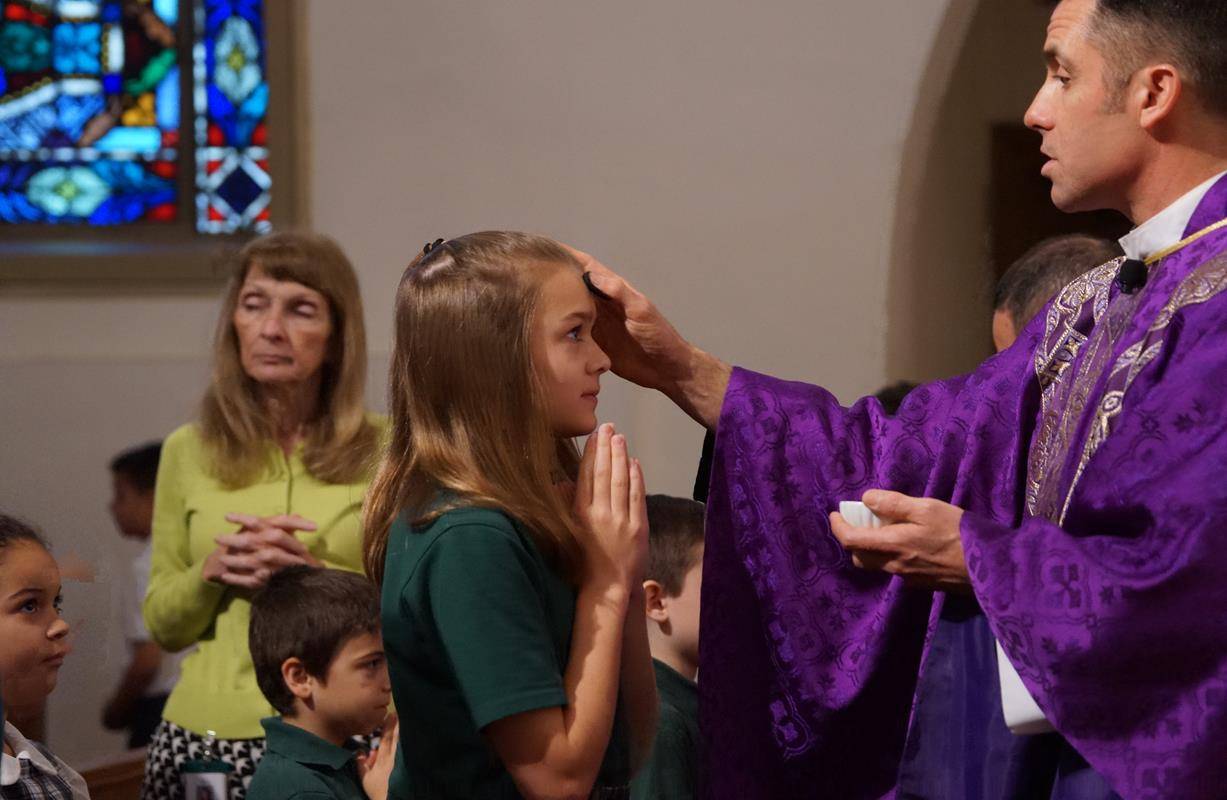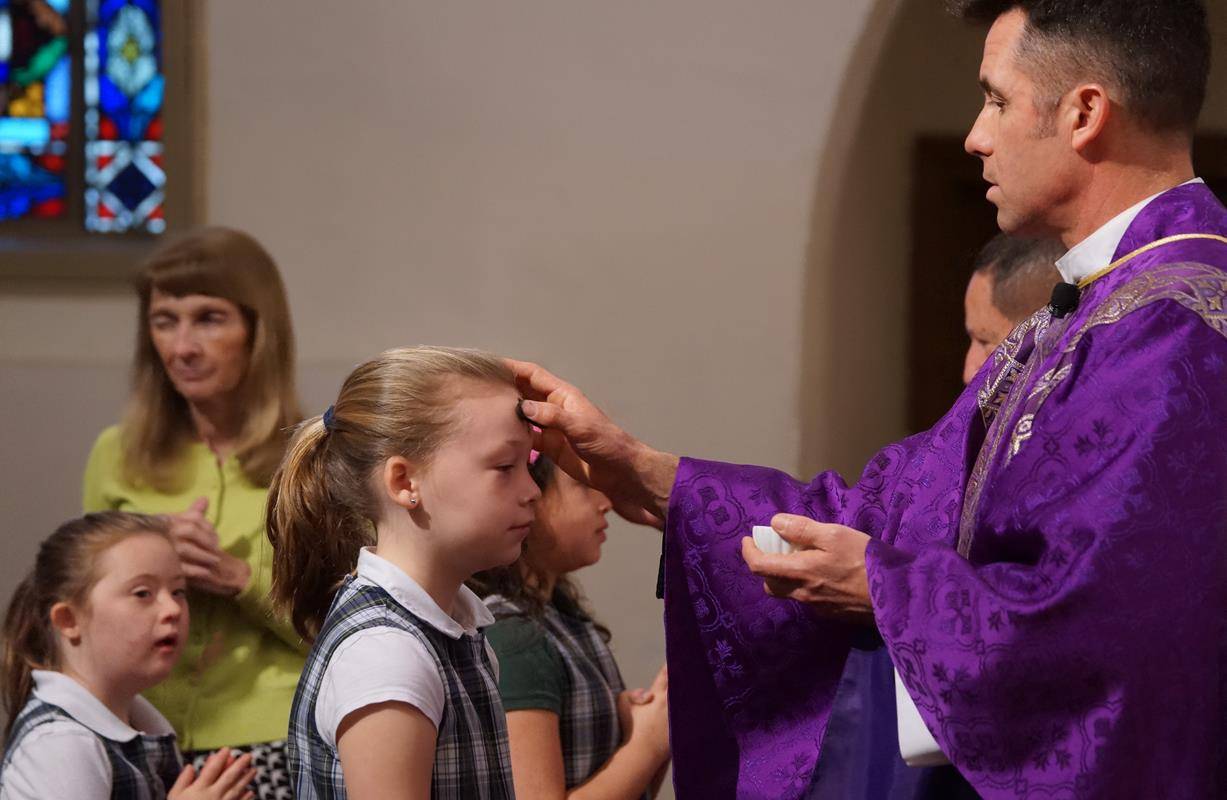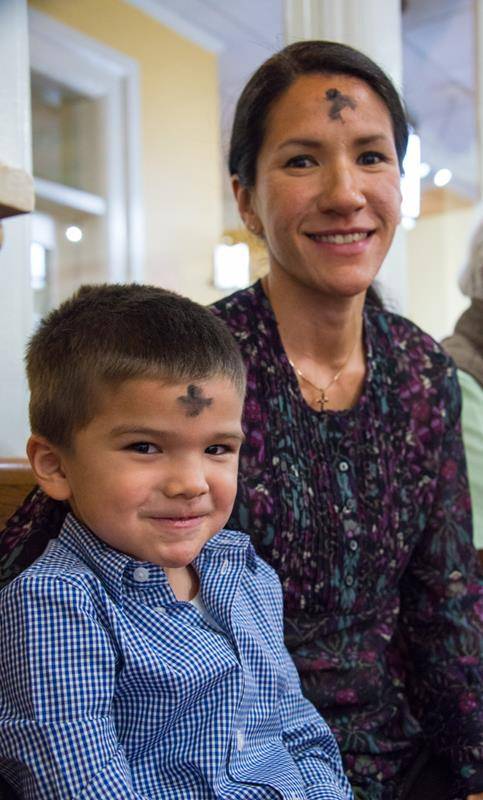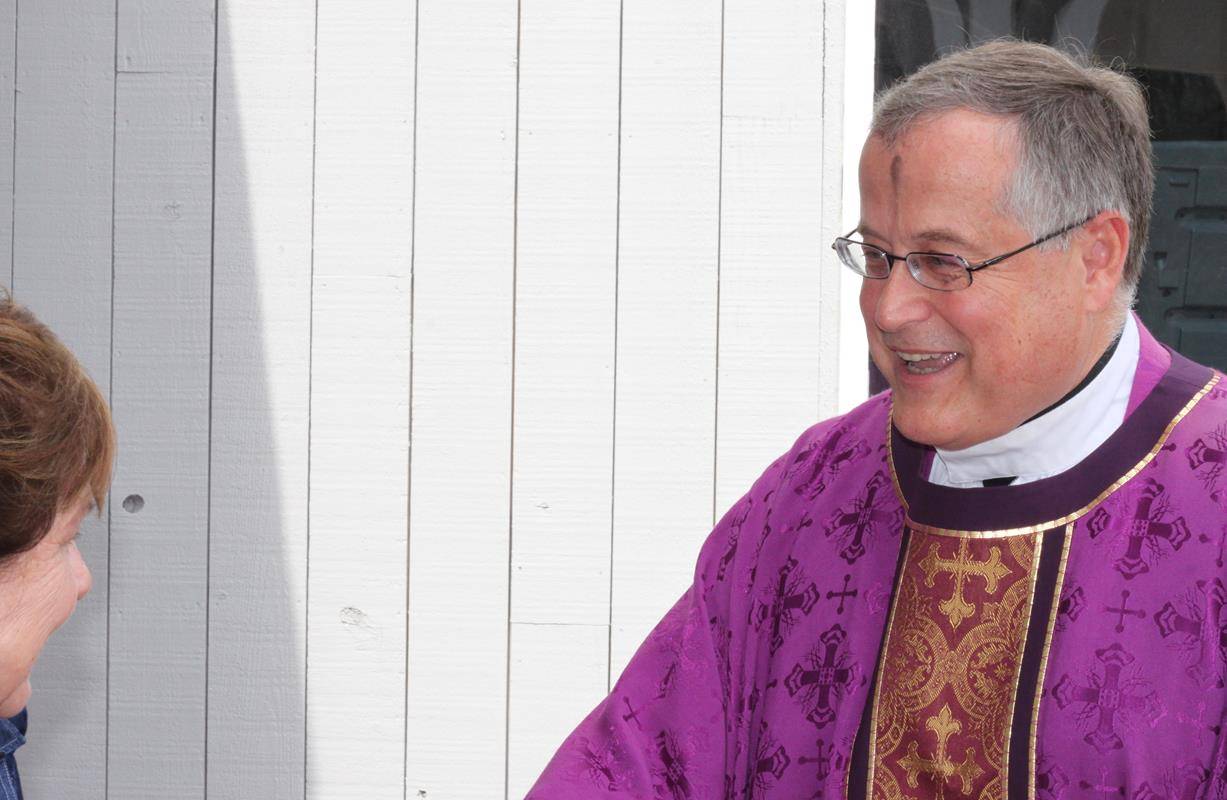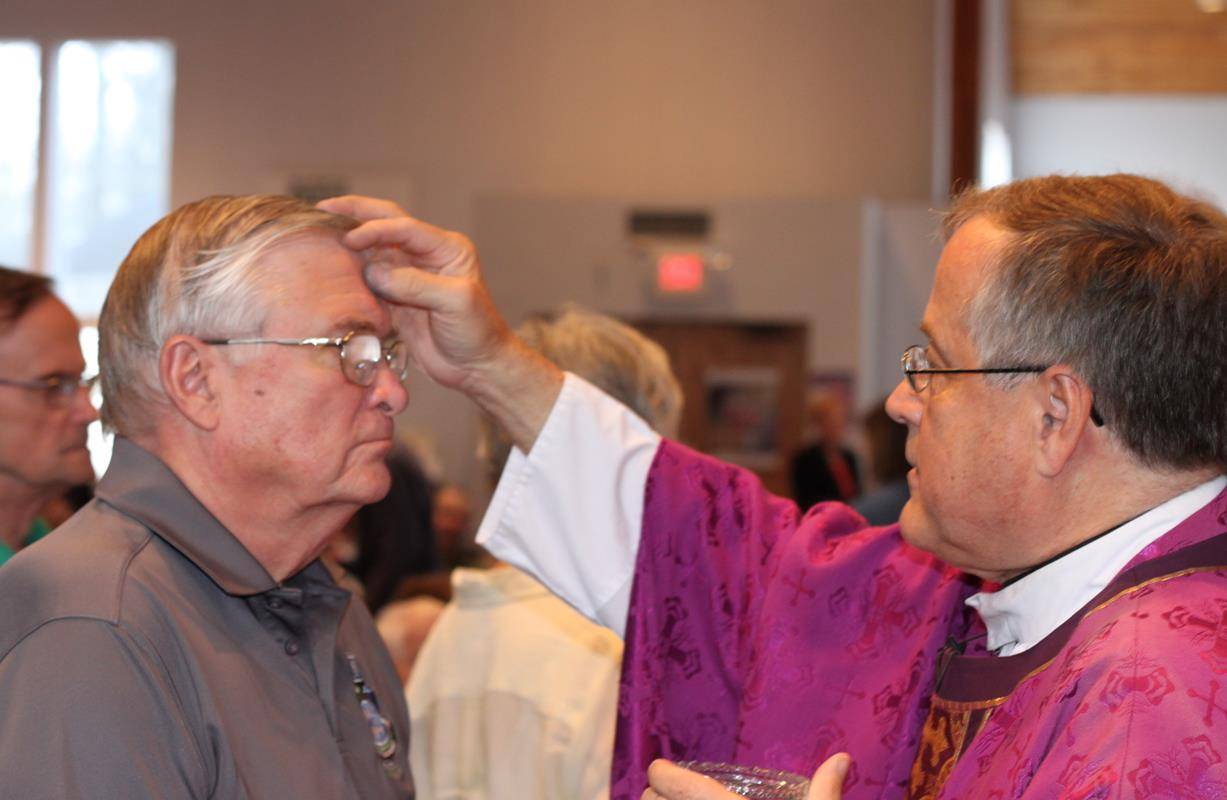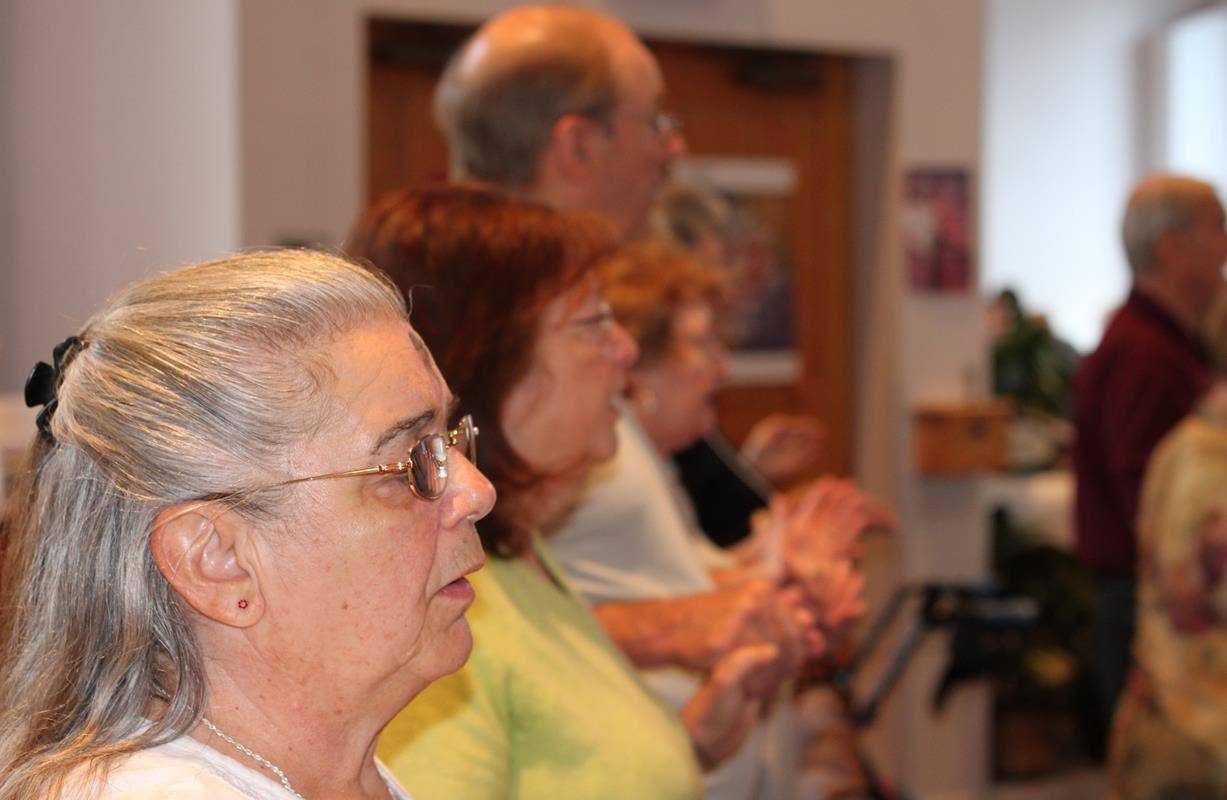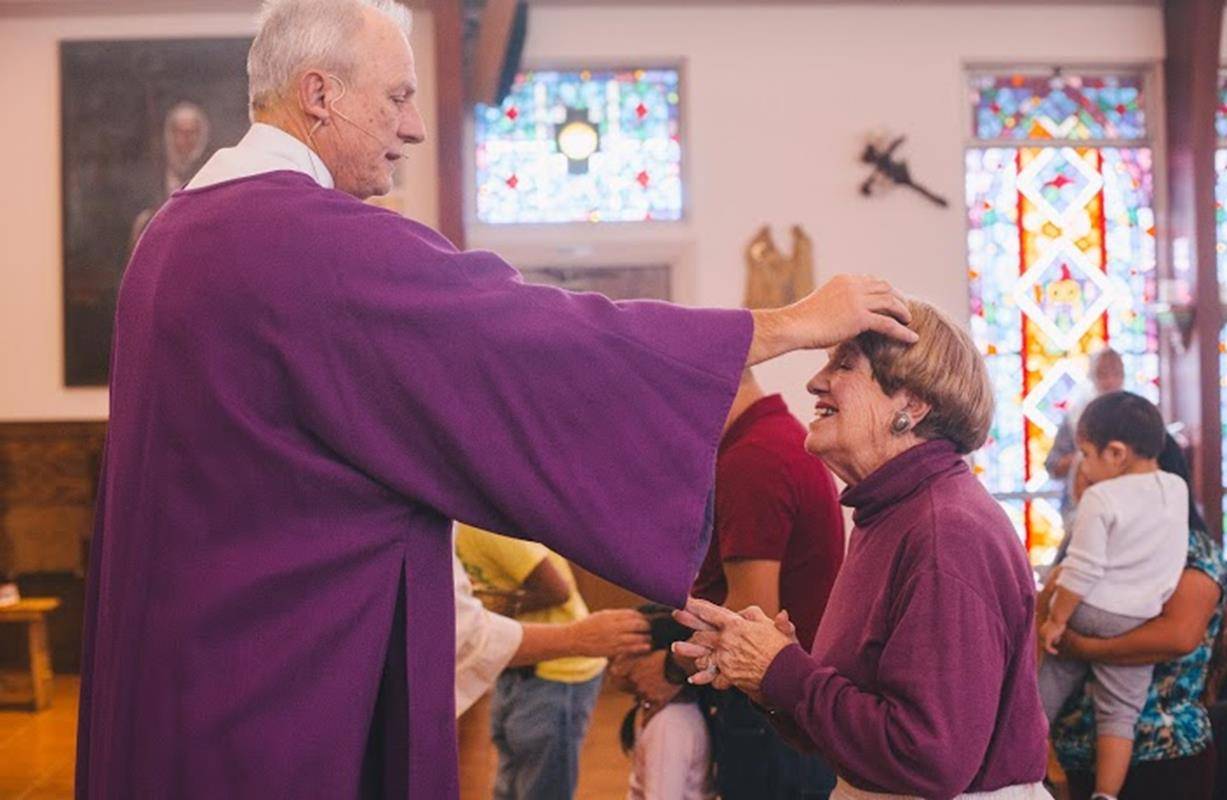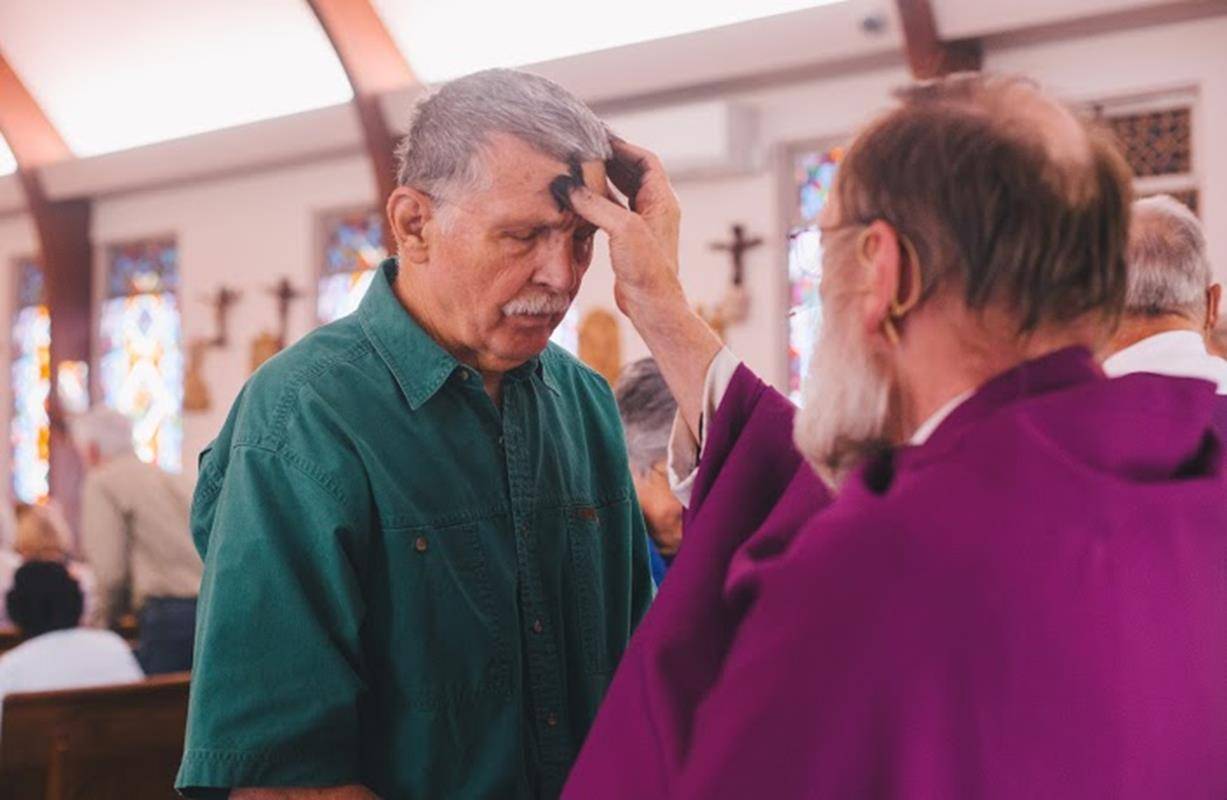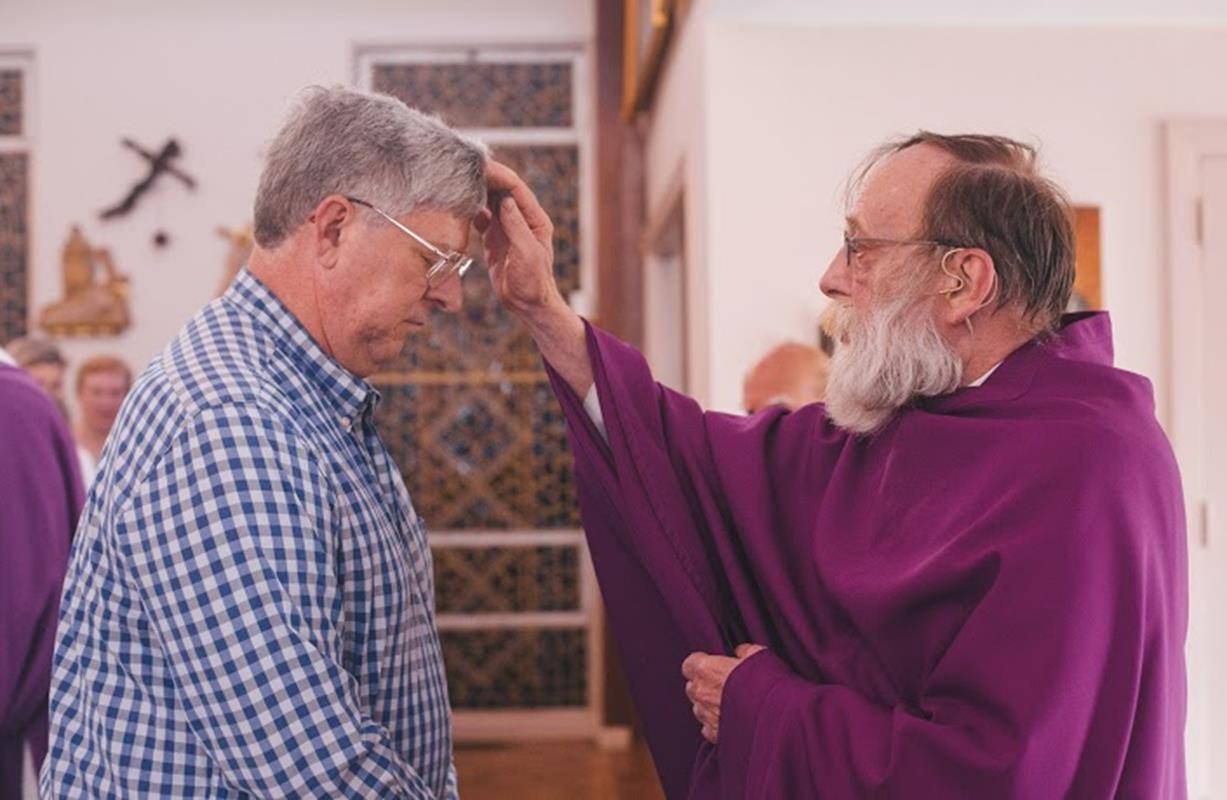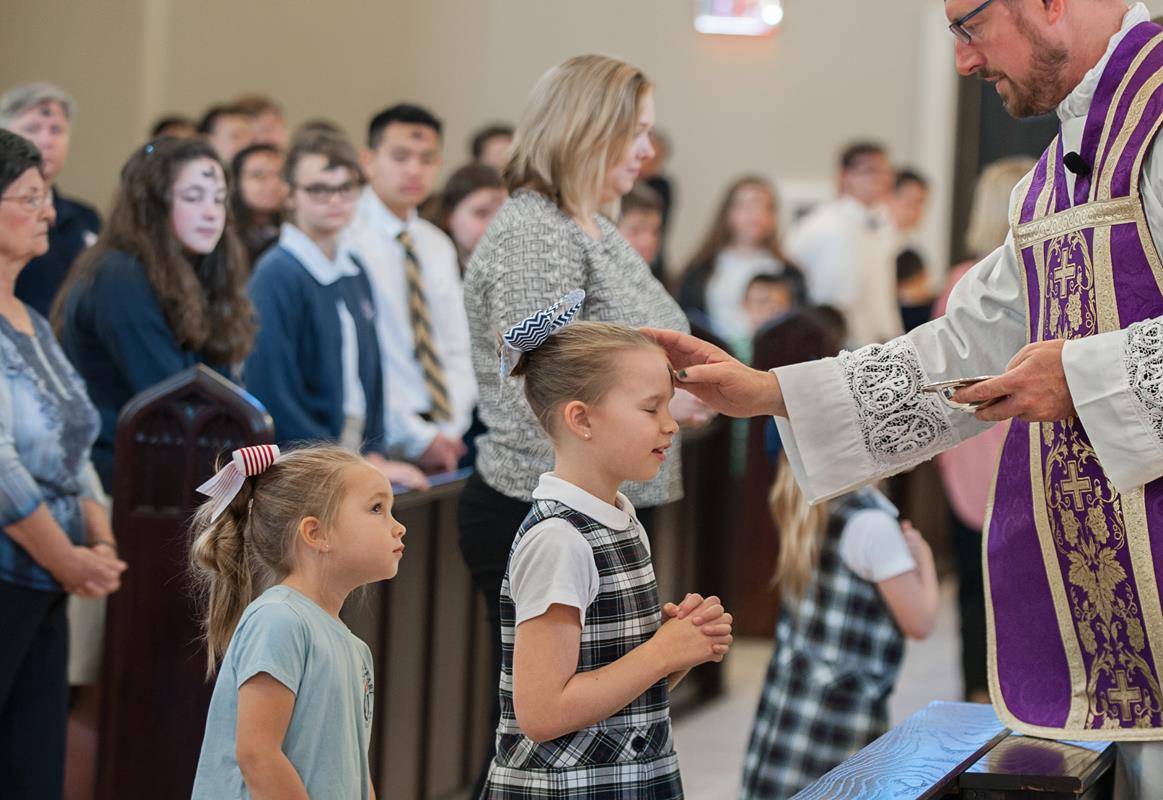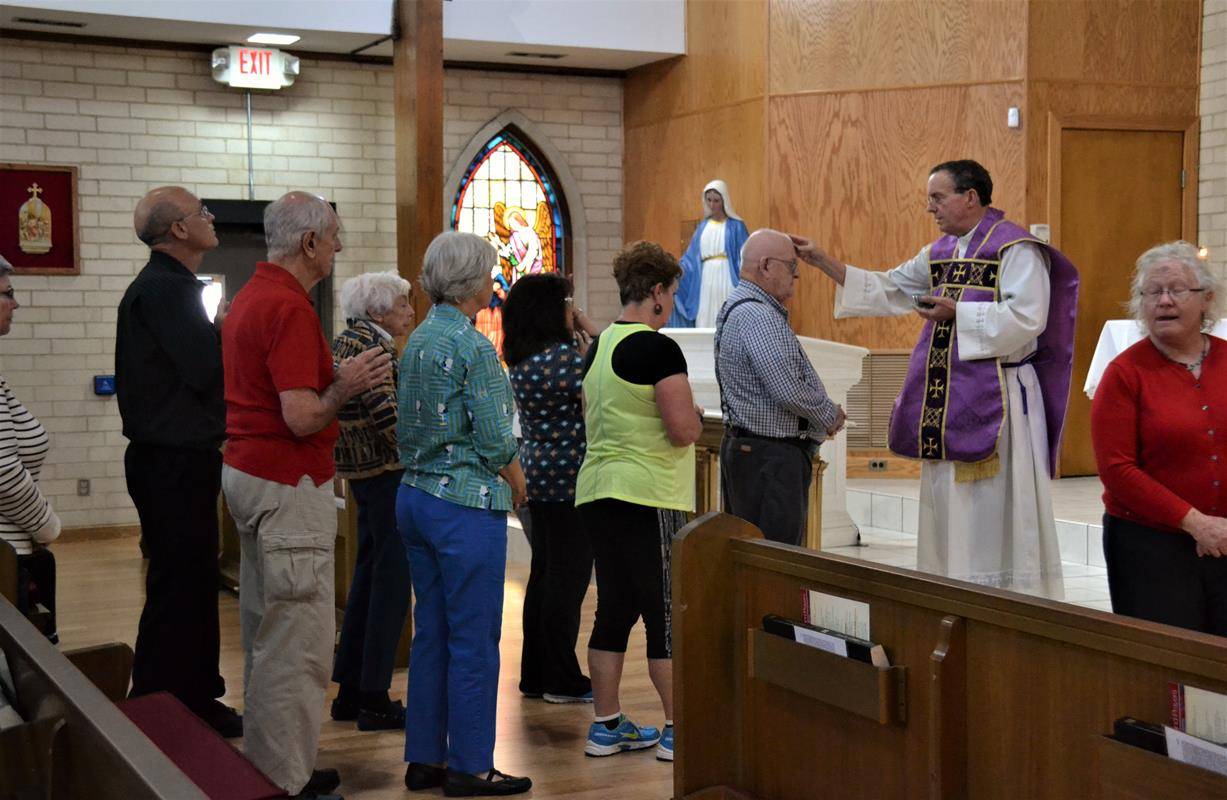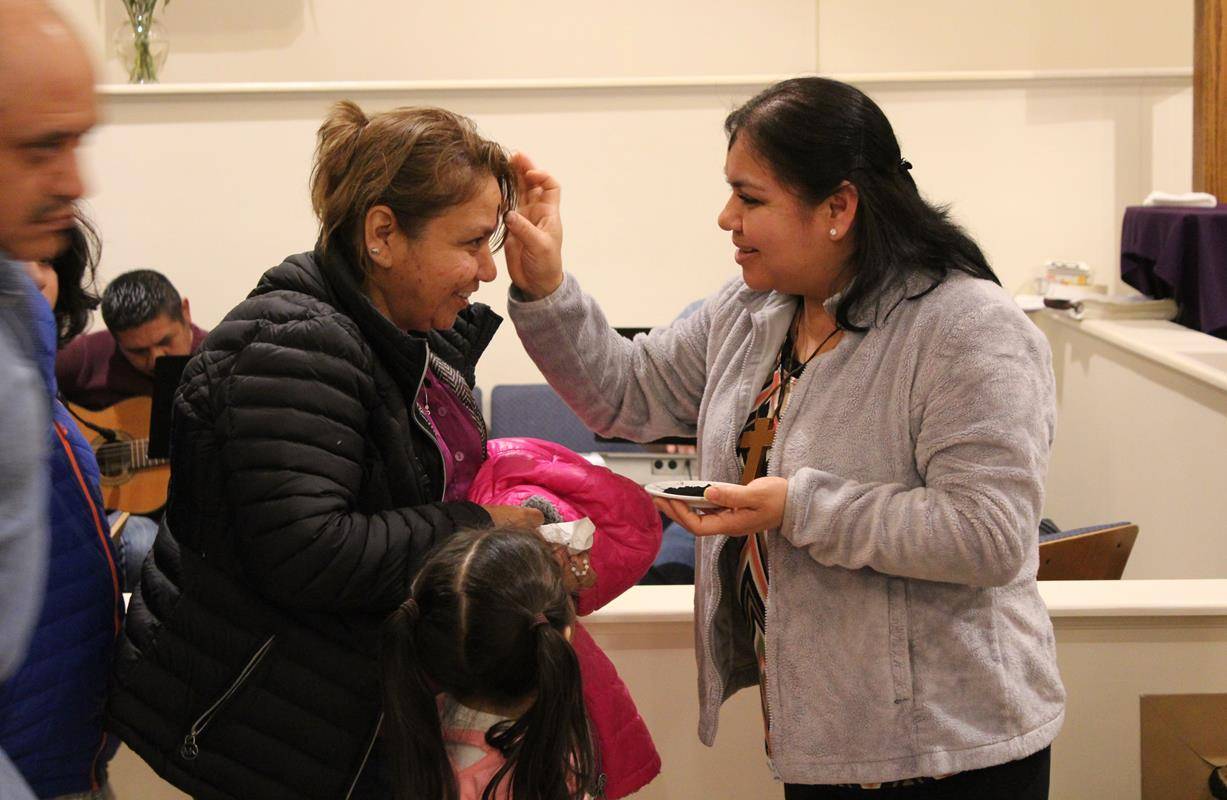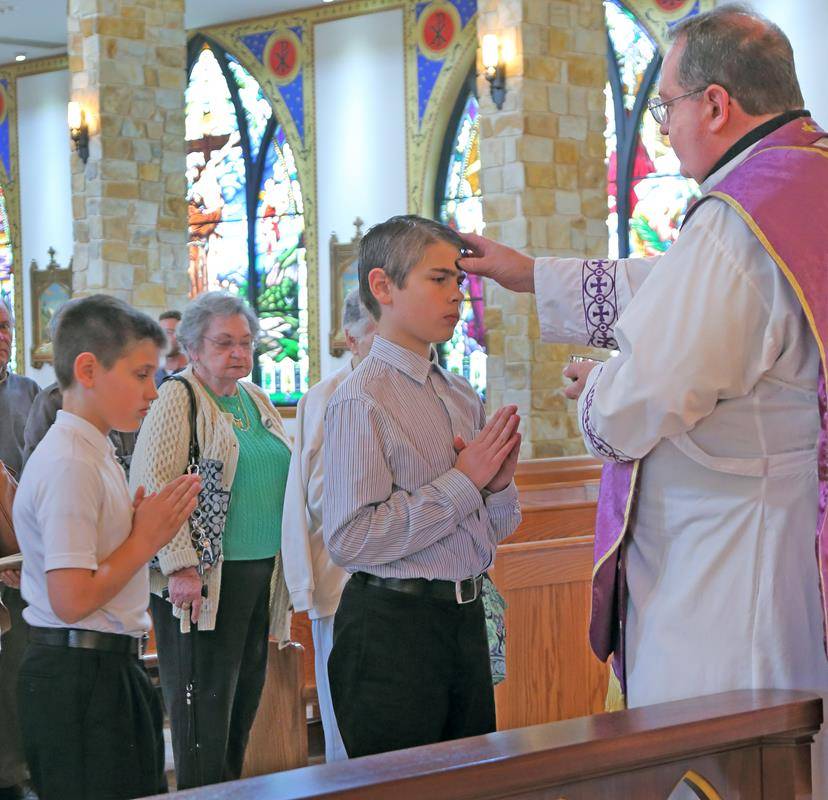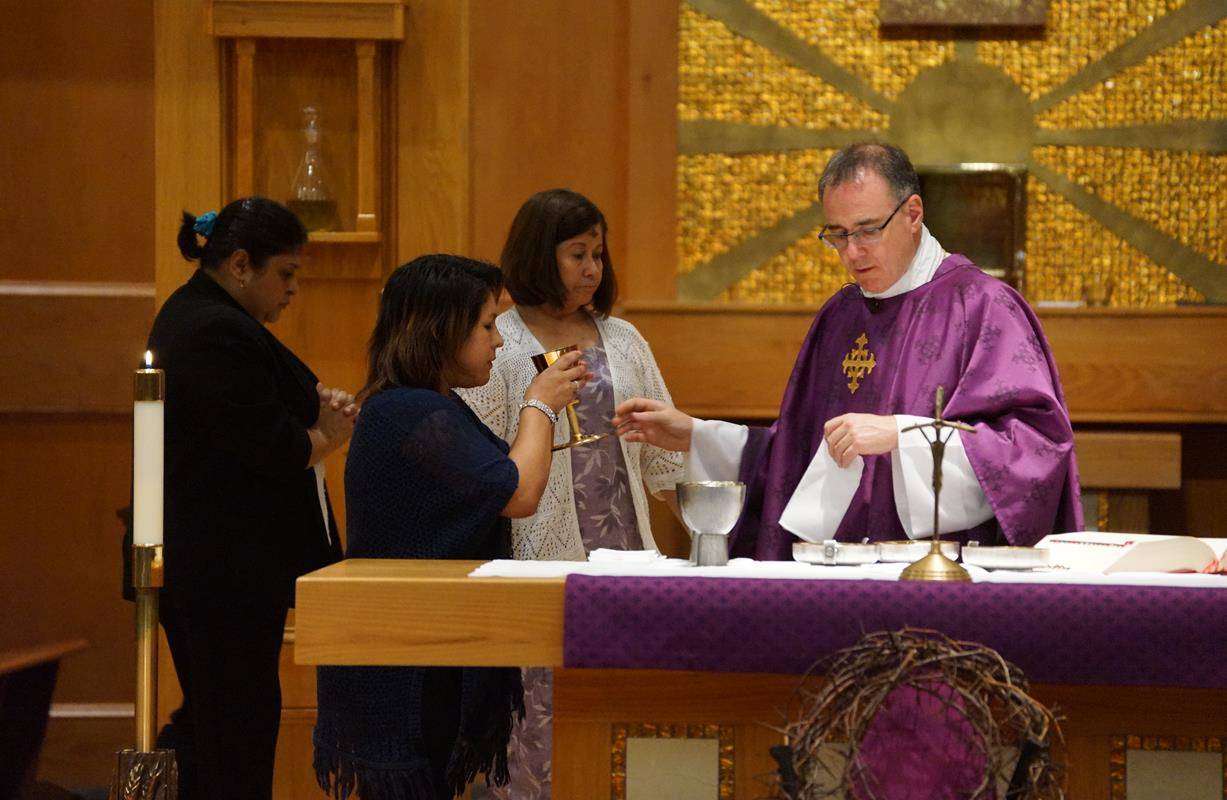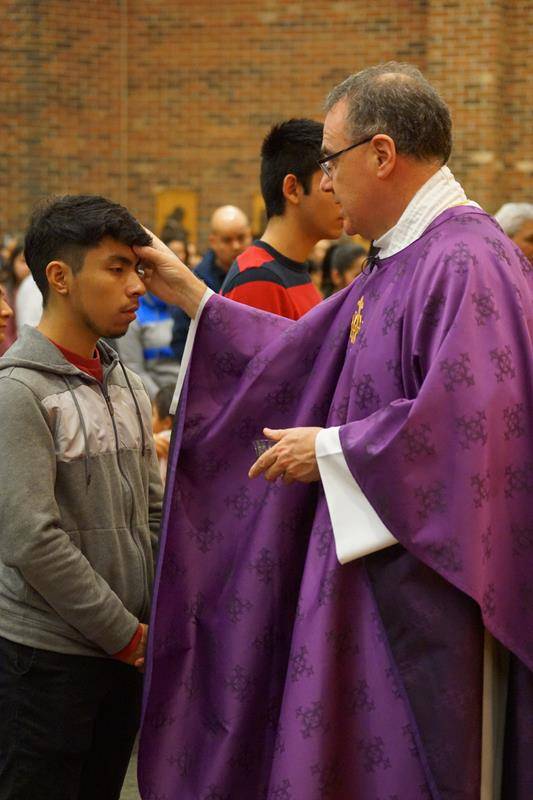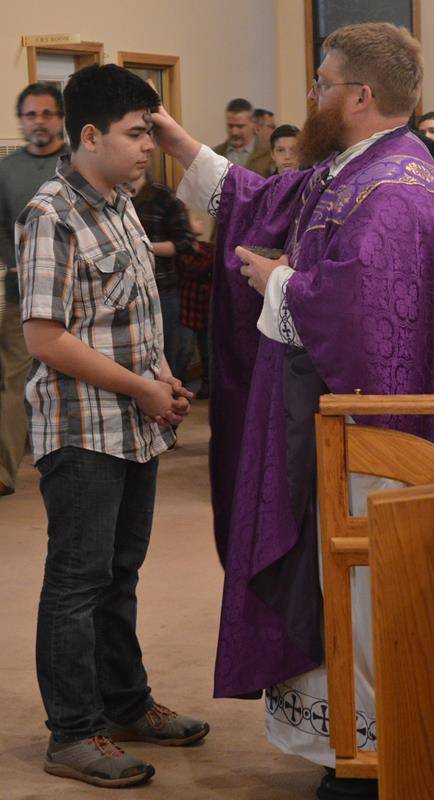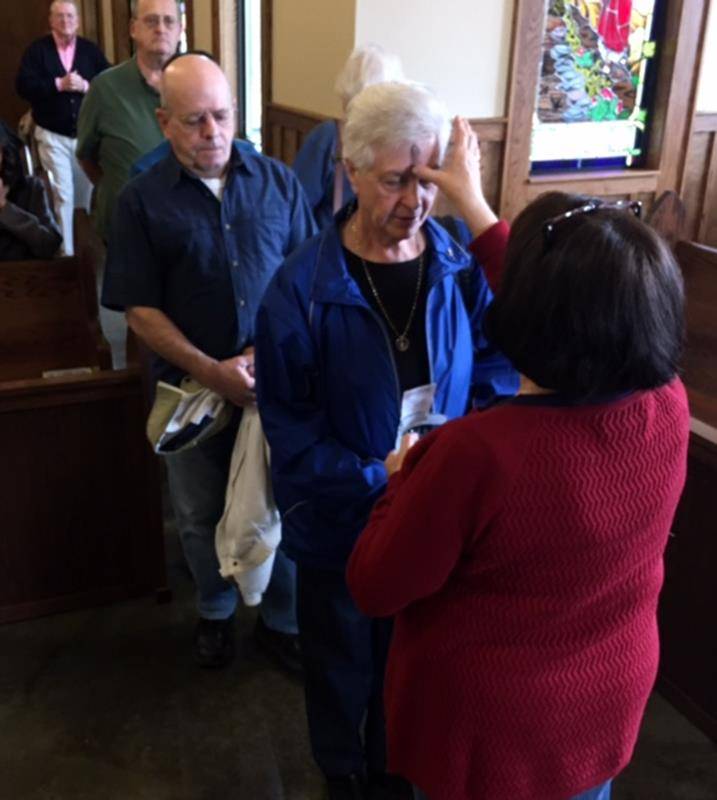 CHARLOTTE — This month Catholic Charities in Charlotte is expecting to welcome 36 refugees.
CHARLOTTE — This month Catholic Charities in Charlotte is expecting to welcome 36 refugees.
Last week, a federal judge in Hawaii indefinitely barred enforcement of President Donald Trump’s executive order on refugee and migrant entry, pending a full review of the order’s legality by the courts.
U.S. District Judge Derrick Watson of the District of Hawaii issued the ruling March 29.
Right now, Catholic Charities Diocese of Charlotte's Refugee Resettlement Office is working on three cases, said interim director Susan Jassan.
By the end of April, Catholic Charities Diocese of Charlotte will have resettled about 200 refugees for the federal fiscal year, Jassan said.
The order blocks two provisions of the order — one which suspends the refugee resettlement program and another that blocks travel from six countries with high instances of terror. The order applies nationwide.
With how tenuous and fluctuating the regulations have been this year, the local Refugee Resettlement Office is approaching each day as it comes and tries to plan the best they can, Jassan said.
"We just keep plugging away with a sense of gratitude as families and individuals continue to come in to Charlotte," she said.
— Kimberly Bender, online reporter
Charlotte Diocese continues to receive refugees as courts battle travel ban
CHARLOTTE — Refugee families continue to arrive in the Diocese of Charlotte while President Donald Trump and the courts battle over a travel ban temporarily suspending all refugee resettlement as well as immigration from several Muslim-majority countries.
Since the Trump administration’s initial travel ban was announced Jan. 27, Catholic Charities Diocese of Charlotte has resettled a total of 45 people, said Susan Jassan, interim director of its Refugee Resettlement Office.
The Charlotte office has received nine refugees from Somalia, six refugees from Ukraine, five refugees from Iraq, four refugees from Bhutan, three refugees from Syria, two refugees from Burma and one from Honduras.
During that same time in Asheville, the diocese has received four families, a total of 15 refugees, all from Ukraine, Jassan said.
Refugees who were approved for travel prior to March 16 were being allowed to travel to the United States in March, Jassan said. The Charlotte office welcomed three Burmese people and two Bhutanese refugees March 23.
In Asheville, one refugee from Russia arrived on March 22 and three refugees from Ukraine arrived March 23, she said.
The Trump administration’s initial travel ban was put on hold by the federal courts, following days of protests at cities and airports across the country, as well as criticism from U.S. bishops. After a federal appeals court rejected the Trump administration’s request to reinstate the travel ban, Trump issued a revised order to remove Iraq from the list of Muslim-majority countries encompassed by the ban. The revised travel ban, which was set to take effect March 16, bars citizens of Iran, Libya, Somalia, Sudan and Syria from entering the U.S. for 90 days and all refugees for 120 days.
But just hours before it was to take effect, federal judges in Hawaii and Maryland blocked the Trump administration’s revised order.
U.S. District Court Judge Derrick Watson in Hawaii ruled that the government had not proved it was necessary to protect the country from terrorists trying to infiltrate the country through legal immigration or through the refugee resettlement program. U.S. District Judge Theodore Chuang in Maryland ruled the revised order was meant to be a ban on Muslims and therefore violated the First Amendment.
During a campaign rally in Nashville last week, Trump vowed to fight the latest court ruling all the way to the U.S. Supreme Court.
“We’re going to fight this terrible ruling,” the president told a crowd of cheering supporters in Nashville’s Municipal Auditorium. “The danger is clear. The law is clear. The need for my executive order is clear.”
On March 16 in Washington, D.C., White House press secretary Sean Spicer confirmed the Trump administration plans to appeal the two judges’ rulings.
During the Nashville rally, the president said his administration is “working night and day to keep our nation safe from terrorism. ... For this reason, I issued an executive order to temporarily suspend immigration from places it cannot safely occur.”
“The best way to keep ... radical Islamic terrorists from attacking our country is to keep them from coming to our country in the first place,” Trump said. “This ruling makes us look weak, which we no longer are.”
Despite the court rulings to block the travel ban, Jassan said, Catholic Charities Diocese of Charlotte still anticipates a reduced workload for the 20-plus employees in Charlotte and three employees in Asheville who work on refugee resettlement.
The U.S. Conference of Catholic Bishops runs the largest refugee resettlement program in the United States, and there are 11 staff members in the diocese who receive funding for their positions from the USCCB.
“We are thinking creatively about how to utilize their skills in other areas, looking at the Employment Program and the Youth Program, specifically,” Jassan said.
“We are also hoping to use this time of halted arrivals to evaluate some of our internal processes to improve and streamline some of our methods of serving clients,” she said.
Since the initial travel ban was announced in January, Jassan said her office has received many calls from community members who would like to volunteer to help refugees in the Charlotte-Mecklenburg area.
— Kimberly Bender, online reporter. Catholic News Service contributed.
Related story: Refugee families scheduled to be resettled in Charlotte again next week
Justice Department to appeal decision blocking temporary travel ban
WASHINGTON, D.C. —The U.S. Department of Justice issued a brief notice March 17 that it will appeal a Maryland federal judge's ruling that blocked President Donald Trump's new executive order on a temporary travel ban.
An appeal of the March 16 decision by U.S. District Judge Theodore Chuang in Maryland sends the case to the U.S. Court of Appeals for the 4th Circuit, which is based in Richmond, Virginia.
A day before Chuang ruled, U.S. District Judge Derrick Watson in Honolulu blocked the revised order, which called for stopping refugee resettlement programs for 120 days and banning citizens of six Muslim-majority countries -- Iran, Libya, Somalia, Sudan, Syria and Yemen -- from entering the U.S. for 90 days. The new order leaves out Iraq, which was in his first order.
Both judges said the temporary ban, which was to have taken effect at midnight March 16, violated the Establishment Clause of the First Amendment, which says the government can pass no law that establishes religion or prohibits the free exercise of religion.
If the Department of Justice had decided to appeal Watson's order, the case would have gone to the 9th Circuit, the court that upheld several lower court rulings that blocked Trump's first executive order.
Catholic Legal Immigration Network Inc., or CLINIC, applauded both judges for blocking implementation of the latest Trump administration travel and refugee policies.
"As both judges said, the March 6 executive order is clearly a religion-based test and it should be stopped," said Jeanne Atkinson, executive director of CLINIC, which is based in the Washington suburb of Silver Spring, Maryland. "The language of this order may differ somewhat from the earlier version -- which was also blocked by several federal courts -- but it is no improvement on the core problem with the ban."
"In the United States, we do not base our laws about who may come here to visit, work or study, let alone who may immigrate, on religious beliefs," she said in a March 16 statement. "There is too much evidence that animus toward Muslims is at the heart of both versions of these travel bans."
In their decisions, Watson and Chuang both pointed to anti-Muslim comments made by Trump during his presidential campaign and such comments made by others associated with Trump as evidence that the ban discriminated against a certain religion.
In her statement, Atkinson said: "We stand in solidarity with our Muslim brothers and sisters, who would be affected disproportionately by the ban on travel from six predominantly Muslim countries."
Omar Jadwat, director of the American Civil Liberties Union's Immigrants' Rights Project, said the organization looked forward "to defending this careful and well-reasoned decision in the appeals court." The ACLU was one of the groups that filed suit against the executive order.
Trump's temporary travel ban "has fared miserably in the courts, and for good reason -- it violates fundamental provisions of our Constitution," Jadwat added in a statement.
In her statement, Atkinson said Chuang and Watson were "correct to stop such misguided policies."
"The United States is better than this," she added.
— Catholic News Service
 Ash Wednesday: Ancient tradition still thrives in modern times
Ash Wednesday: Ancient tradition still thrives in modern times
WASHINGTON, D.C. — In more ways than one, Ash Wednesday -- celebrated March 1 this year -- leaves a mark.
That's because not only are Catholics marked with a sign of penitence with ashes on their foreheads, but the rich symbolism of the rite itself draws Catholics to churches in droves even though it is not a holy day of obligation and ashes do not have to be distributed during a Mass.
Almost half of adult Catholics, 45 percent, typically receive ashes -- made from the burned and blessed palms of the previous year's Palm Sunday -- at Ash Wednesday services, according to the Center for Applied Research in the Apostolate at Georgetown University.
Parish priests say they get more people at church that day than almost any other -- excluding Christmas and Easter -- and the congregations are usually much bigger than for Holy Thursday or Good Friday services.
"Virtually every parish that I've worked with will have more people come to Ash Wednesday than almost any other celebration," said Thomas Humphries, assistant professor of philosophy, theology and religion at St. Leo University in St. Leo, Florida.
"We talk about Christmas and Easter as certainly being the most sacred and most attended events during the year, but Ash Wednesday is not even a day of obligation. In terms of liturgical significance, it's very minor, but people observe it as overwhelmingly important," he said in a Feb. 17 email to Catholic News Service.
Humphries said part of the Ash Wednesday draw is the "genuine human recognition of the need to repent and the need to be reminded of our own mortality. Having someone put ashes on your head and remind you 'we are dust and to dust we shall return' is an act of humility."
He also said the day -- which is the start of Lent in the Latin Church -- reminds people that they are not always who they should be and it is a chance to "stand together with people and be reminded of our frailty and brokenness and of our longing to do better."
"This practice is particularly attractive to us today because it is an embodied way to live out faith, to witness to Christian identity in the world, " said Timothy O'Malley, director of the Notre Dame Center for Liturgy at the University of Notre Dame, where he also is a professor of New Testament and early Christianity.
He said that's the only way to explain why millions of people identify themselves "as mortal sinners for an entire day."
Jesuit Father Bruce Morrill, the Edward A. Malloy professor of Catholic studies at Vanderbilt University Divinity School in Nashville, Tennessee, thinks the appeal of Ash Wednesday is partly because participants receive a "marker of identity" as Catholics.
The day also has rich symbolism, he said, of both flawed humanity and mortality. He pointed out that even though a large percentage of Catholics do not go to confession they will attend this very penitential service because they "get a sense of repentance and a kind of solidarity in it."
"Clearly it touches on a deep sense of Catholic tradition in a way few other symbols do," he told CNS Feb. 17.
For many, it also links them to childhood tradition of getting ashes. It also links them, even if they are unaware of its origins, to an ancient church tradition.
The priest said the use of ashes goes back to Old Testament times when sackcloth and ashes were worn as signs of penance. The church incorporated this practice in the eighth century when those who committed grave sins known to the public had to do public penitence, sprinkled with ashes. But by the Middle Ages, the practice of penance and marking of ashes became something for the whole church.
Ash Wednesday also is one of two days, along with Good Friday, that are obligatory days of fasting and abstinence for Catholic adults -- meaning no eating meat and eating only one full meal and two smaller meals.
The other key aspect of the day is that it is the start of the 40 days of prayer, fasting and almsgiving of Lent.
"Ash Wednesday can be a little bit like New Year's Day," Father Mike Schmitz, chaplain for Newman Catholic Campus Ministries at the University of Minnesota Duluth, told CNS in an email. He said the day gives Catholics "a place to clearly begin something new that we know we need to do."
— Carol Zimmermann, Catholic News Service.
CHARLOTTE — St. Matthew Church will host a Polish Lenten retreat on Tuesday, April 4, through Thursday, April 6, from 7 to 9 p.m. in the Daily Mass Chapel.
Father Andrzej Jaczewski from the Diocese of Siedlce, Poland, will conduct the retreat. In addition to the retreat, Father Jaczewski will celebrate Mass in Polish on Palm Sunday, April 9, at 3 p.m. Confessions will be heard beforehand, starting at 2 p.m.
A reception will follow the Mass in the New Life Center Banquet Room. For more information, contact Barbara Banas at 704-847-2419 or This email address is being protected from spambots. You need JavaScript enabled to view it..
 From left to right, Rachel Harold, Jacob Harold, Fr. Brian Cook, David Harold, Becky Dubois.WINSTON-SALEM — More than 900 people filled Benton Convention Center in downtown Winston-Salem for the 14th annual Partners in Hope charity dinner March 9, raising a record $315,000 to benefit Catholic Charities Diocese of Charlotte’s work in the Triad.
From left to right, Rachel Harold, Jacob Harold, Fr. Brian Cook, David Harold, Becky Dubois.WINSTON-SALEM — More than 900 people filled Benton Convention Center in downtown Winston-Salem for the 14th annual Partners in Hope charity dinner March 9, raising a record $315,000 to benefit Catholic Charities Diocese of Charlotte’s work in the Triad.
The largest of the diocesan agency’s annual fundraisers provides significant funding for critical services to some of the most needy in the area.
Last year the Catholic Charities offices in Winston-Salem and Greensboro provided counseling services to 850 people, gave direct assistance to 712 people, and distributed more than 137,000 pounds of food to 3,232 people (nearly half of whom were vulnerable children and the elderly). More than 300 households received baby items through the “Wee Care Shoppe,” and 47 families with babies born to teen parents received parenting assistance.
Father Brian Cook, pastor of St. Leo the Great Church in Winston-Salem, noted, “How do we do this? We recognize that in some humble way we are all the face of mercy. We are the face of mercy! We are entrusted with this holy work. We are the face of mercy as we see Jesus in the poor, the vulnerable, the scared. … in the people in line at the food pantry, in the expectant mothers who wonder how they’re going to raise their kids, in the young college students at Forsyth Tech that just need a little support and encouragement so that they can both raise their young children and finish their college degree.”
Dr. Gerard Carter, executive director and CEO of Catholic Charities Diocese of Charlotte, thanked the staff and volunteers of the Winston-Salem and Greensboro offices.
“I see the work that they do and they are simply incredible – and I don’t say that lightly,” Carter said.
He also thanked the sponsors and supporters of the annual fundraiser, which included St. Leo the Great Church, St. Pius X Church in Greensboro, Holy Family Church in Clemmons, Sacred Heart Church in Salisbury, Immaculate Heart of Mary Church in High Point and the Winston-Salem Cursillo Community.
“Thank you so much for partnering in hope, so that many wonderful people see that they’re not alone and abandoned in the world. That the world is still a place where there are faith-filled people who genuinely care, with a care that cuts across all of the divisions in our world,” he said.
Dominican Sister Donna Markham, president and CEO of Catholic Charities USA since 2015, gave the keynote address.
“I am so impressed by the work that you’re doing here in North Carolina, and especially in this area, this part of the country: food security, pregnancy support, case management, mental health intervention, education, immigration, social enterprise development,” Sister Donna said.
As the nation’s largest faith-based charitable organization, Catholic Charities serves mostly “at the emergency level,” she said, providing $4.6 billion of service annually to the poor.
“Someone comes to us who is absolutely in dire straits, and we provide emergency help, but we also do something beyond that, which is to try through our programs … to help people get on their feet – not just survive, but thrive. And to do so with dignity.”
Most recently, Catholic Charities has been working to protect local agencies’ ability to help refugees and immigrants, she said. “Right now in this country, Catholic Charities agencies are caring for over 600,000 immigrants and 45,000 refugees.”
More than 100 years after its founding, the national mission of Catholic Charities remains grounded in the parable of the Good Samaritan, Sister Donna said.
 Dominican Sister Donna Markham, president and CEO of Catholic Charities USA, was the keynote speaker.
Dominican Sister Donna Markham, president and CEO of Catholic Charities USA, was the keynote speaker. David Harold received the William G. Curlin Partners in Hope Award from Catholic Charities.“Thank you, all of you, each one of you, for being the Good Samaritans, the good innkeepers, the people who saw the victim lying by the side of the road and did not cross the street, but chose to extend yourself in compassion and mercy to that suffering human being,” she said.
David Harold received the William G. Curlin Partners in Hope Award from Catholic Charities.“Thank you, all of you, each one of you, for being the Good Samaritans, the good innkeepers, the people who saw the victim lying by the side of the road and did not cross the street, but chose to extend yourself in compassion and mercy to that suffering human being,” she said.
The recipient of this year’s Bishop William G. Curlin Partners in Hope Award was David Harold and his late wife Madeline, who passed away last March.
Harold “has been at the forefront both advocacy and action for the poor and the vulnerable his entire adult life,” Father Cook said.
Harold served 13 years as director of the Catholic Charities office in the Triad, expanding its services and creating additional services. After retiring in 2006, he continued serving as victim assistance coordinator for the diocese. He also works with a local homeless aid agency and helps to build interfaith partnerships and services for the mentally ill and the homeless.
In receiving the award, Harold credited his late wife’s Catholic faith and devotion to serving the most vulnerable, especially immigrants, refugees, people with HIV/AIDS, and the poor.
“I was the trained therapist, but she was the one people wanted to tell their story to,” he said with a wry grin.
Harold encouraged people to be “ambassadors of healing and love for our Church,” in what Pope Francis has called the Church’s mission to be a “field hospital for the wounded.”
“It is our prayer that God’s grace flows to us but also through us, that kindness comes to us and flows out of us to those most in need. We bless each other in this work and we are thankful for each other. And we ask that our whole Church become more and more a place of healing,” he prayed.
— Patricia L. Guilfoyle, Editor
 Simmons Parish Center dedicated Feb. 19
Simmons Parish Center dedicated Feb. 19
GREENSBORO — Parishioners, clergy, staff, benefactors and a Knights of Columbus honor guard all joined Bishop Peter J. Jugis for a special Mass, dedication and blessing of the new Simmons Parish Center Feb. 19 at St. Pius X Church. The Simmons Parish Center is now home for the Greensboro parish’s growing ministries and consolidates parish operations on its North Elm Street campus.
The 23,477-square-foot, $5 million parish center houses a large banquet hall, state-of-the-art commercial kitchen, meeting rooms, nursery and library, as well as parish offices.
“This is by far the best space the parish staff of St. Pius X has ever been afforded for workflow, etc.,” said staff member and parishioner Liz Pendergrass.
The building project caps the parish’s successful “Making a Place to Gather and Grow” campaign which was combined under the auspices of the Diocese of Charlotte’s “Forward in Faith, Hope, and Love” campaign. The $8.6 million parish campaign also helped to build the 22,885-square-foot DeJoy Primary Education Center at St. Pius X School next door.
“Blessed are the parishioners of St. Pius X Catholic Church on the day of the blessing and dedication of the new Simmons Parish Center,” Bishop Jugis said during his homily at the Feb. 19 Mass, calling the occasion “a great day to be blessed by the Lord.”
“Be perfect just as your Heavenly Father is perfect,” Bishop Jugis then encouraged everyone gathered, referring to the Gospel reading for the day. “Jesus is telling us we must mirror God’s goodness, and God’s love, and God’s holiness in our lives.
“The message is easy to remember. What (Jesus) is saying is be like God in your conduct, in your behavior, in your attitude. Since you are a member of the Kingdom of God, then, be like God who has begotten you as His dearly beloved children through the waters of baptism.”
The Greensboro parish has been building up the Kingdom of God and responding to unprecedented growth, especially over the past decade. The parish now has more than 1,800 registered families.

 “This church has not only grown in numbers, but our ministries which serve those in need have grown tremendously,” noted Tita Wofford, parish council member and parishioner for more than 30 years.
“This church has not only grown in numbers, but our ministries which serve those in need have grown tremendously,” noted Tita Wofford, parish council member and parishioner for more than 30 years.
From CROP Walk to Mobile Meals, Potter’s House to Room at the Inn, the Sunshine Club, We Care Committee, Dining for Friends and BackPack Beginnings, St. Pius X Church cares for others through more than 80 ministries.
“We have a long history of helping our neighbor,” said Krisan Walker, longtime parishioner and chair of the parish’s Community Life ministry. “That’s the best thing about St. Pius – we walk the walk. That’s 100 percent why I go there.”
“Our new parish center will serve our St. Pius X community as well as serve our neighbors in need through our outreach ministries,” said Carolyn Painley, parishioner and Community Life pastoral associate. “The Simmons Parish Center is truly a place for our parishioners to ‘gather and grow’ in the mission of Jesus Christ.”
The effort to build the Simmons Parish Center and the DeJoy Primary Education Center came on the heels of another successful building campaign for the parish.
A 2007 capital campaign, “Making a Place at the Table,” funded construction of the current 1,100-seat church, which replaced a much smaller church that had been built in 1981. The new church was dedicated by Bishop Jugis in 2010. The International Catholic Stewardship Council recognized “Making a Place at the Table” as the best overall campaign in 2007. In 2009, the same organization recognized the parish with the Archbishop Thomas J. Murphy Award for best stewardship parish internationally.
That first building campaign was barely over before parish leaders and Monsignor Anthony Marcaccio, pastor, were already planning how to make room for the parish’s growing ministries and community outreach work.
 Rob Simmons, parishioner and major benefactor for the Simmons Parish Center, said he was inspired by what the parish had accomplished with that campaign and he wanted to contribute to that legacy.
Rob Simmons, parishioner and major benefactor for the Simmons Parish Center, said he was inspired by what the parish had accomplished with that campaign and he wanted to contribute to that legacy.
“When we joined St. Pius, we got to experience the foundation that others before us had laid, sit in the beautiful church that others had built,” Simmons said. “In my heart, I feel it is my duty to keep it moving forward, helping to put in place what the parish needs so that those who come after can use and enjoy. I knew if we built it, they would come.”
“It’s a field of dreams,” Monsignor Marcaccio said in his remarks at the end of Mass. “I think it was over 10 years ago we had a vision to do something special on the corner of Cornwallis and Elm... It has been a dream of ours for a long time.”
Monsignor Marcaccio thanked the Simmons family and the many others who made it possible for the parish to “gather and grow.”
Then he noted, “The parish center we dedicate today is much more than a new office building or parish hall. I am very happy to say that the first things that happened there, even before the office was opened, were a marriage preparation class in the evening and a Bible study the following morning. Marriage prep and a Bible study – think of it in terms of Word and Sacrament. That’s why this building was built.”
“The new Simmons Parish Center, the Father Connolly Athletic Center, the DeJoy Primary Education Center – all of these ‘centers’ point to this and flow from this,” he emphasized, pointing to the tabernacle, “our true center – the source and summit of our spiritual life – the Eucharist and Jesus Christ, who is the center of all that we do at St. Pius X.”
— Georgianna Penn, Correspondent







